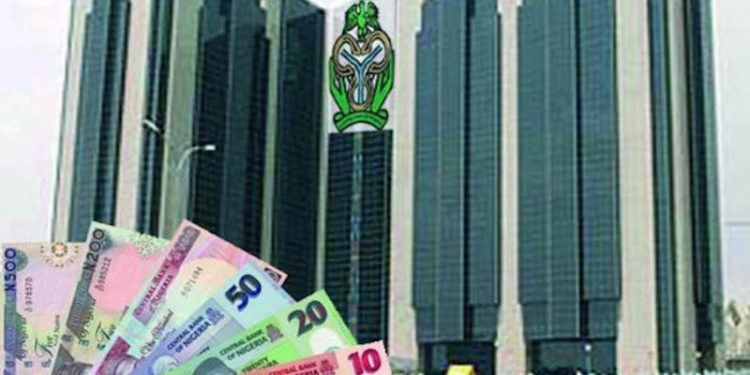The Nigerian Naira has been ranked as the ninth weakest currency in Africa, according to a September 2025 report by Forbes, reflecting the ongoing strain on the country’s economy despite recent improvements in inflation.
The ranking, derived from the Forbes currency calculator, relies on live data sourced through the Open Exchange Rates API, updating every five minutes to mirror real-time trading values and market sentiment.
Topping the list of Africa’s weakest currencies is the São Tomé & Príncipe Dobra, trading at 22,282 per US dollar, followed by the Sierra Leonean Leone (20,970), Guinean Franc (8,680), Ugandan Shilling (3,503) and Burundian Franc (2,968).
Others include the Congolese Franc (2,811), Tanzanian Shilling (2,465), Malawian Kwacha (1,737), and Nigerian Naira, now trading at around ₦1,490 to $1, just ahead of the Rwandan Franc (1,448).
On the other end of the spectrum, the strongest currencies in Africa were identified as the Tunisian Dinar (2.90 per $1), Libyan Dinar (5.40), Moroccan Dirham (9.91), Ghanaian Cedi (12.31), and the Botswanan Pula (14.15).
Africa consists of 54 nations, and this ranking provides a snapshot of the relative strength or weakness of each country’s currency against the US dollar.
Despite the Naira’s weak standing, recent reports from the National Bureau of Statistics (NBS) show signs of macroeconomic relief, particularly in inflation.
The country’s headline inflation rate dropped from 24.5% in January to 20.12% in August 2025, marking the fifth consecutive month of decline.
This trend, described by analysts as a rare period of disinflation, is largely attributed to improved agricultural output, steady foreign exchange inflows from oil revenues and diaspora remittances and monetary tightening by the Central Bank of Nigeria, which maintained its benchmark interest rate at 27.5%.
The Independent Media and Policy Initiative (IMPI) also weighed in on the development, noting that Nigeria’s economy experienced its sharpest mid-year inflation slowdown in over a decade.
IMPI chairman, Dr Omoniyi Akinsiju, predicted that inflation could fall as low as 17% by the end of 2025, signaling more breathing room for households and businesses.









